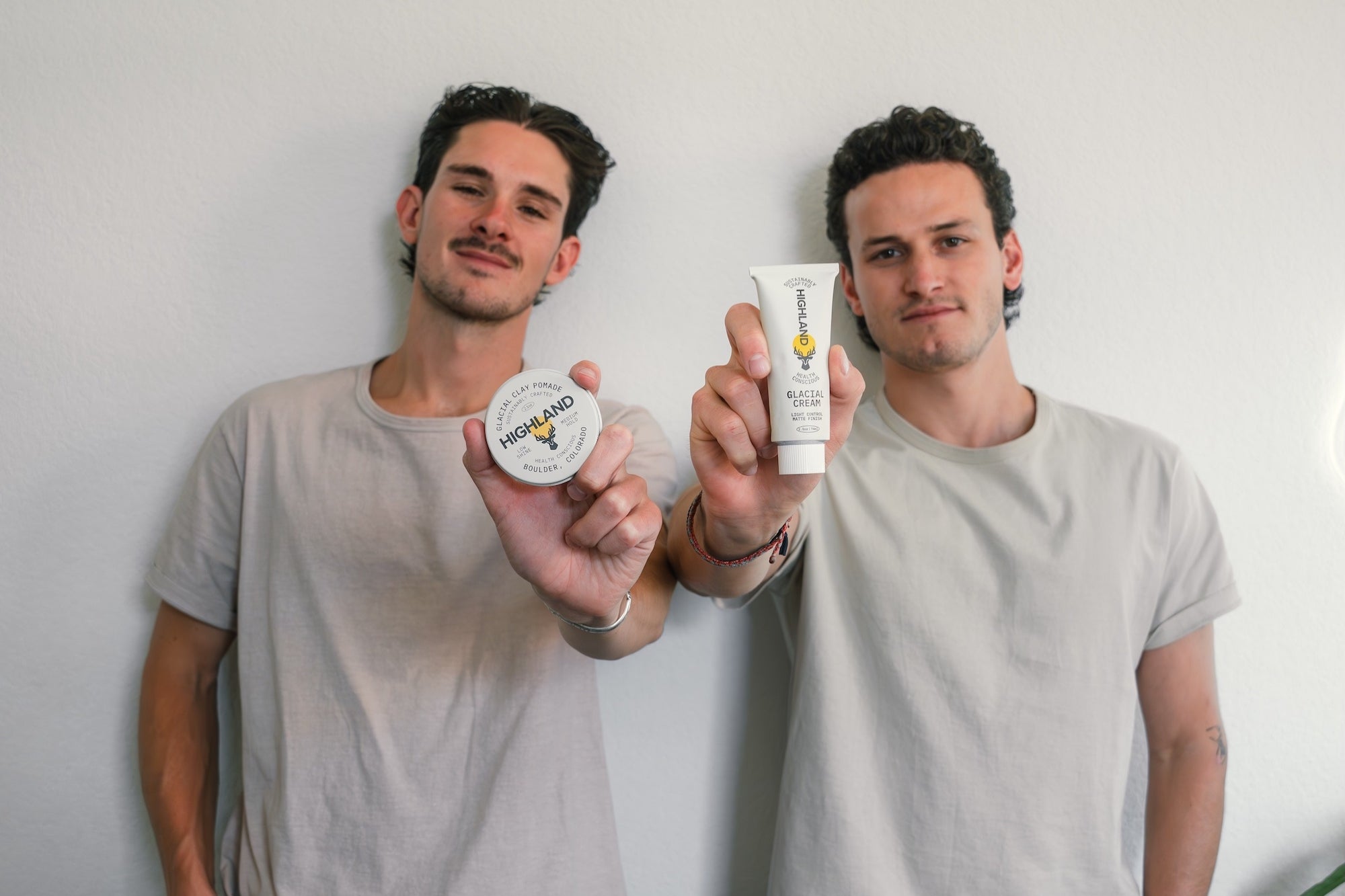Opinions expressed by Entrepreneur contributors are their own.
Everette Taylor had an entrepreneurial mentality from a very young age, buying candy at the store and selling it for a profit at school. At 19, he founded a business that played to his event-planning strengths and filled a niche in his community, EZ Events.
Taylor learned an important lesson about value when it came time to sell the business. Around six months after the sale, he found out the company had been sold again — this time for much more money.
“That was a really valuable lesson for me as a small business owner, to understand my value, but also continue to innovate and stay curious,” he says.
To Taylor, staying curious means researching your industry and discovering new ways to grow, while innovation can help entrepreneurs better understand the value they bring to their fields.
Related: He Went From Customer to CEO of a Rapidly-Expanding Dessert Chain By Following This Process
This mindset has guided Taylor throughout his career. He now leads as CEO of Kickstarter, where he’s not only reshaping the way people think about crowdfunding but also creating new opportunities for small business owners and creatives around the world.
According to Taylor, there are three forms of crowdfunding: donation-based (like GoFundMe), equity-based (like Wefunder), and reward-based, which is the model used by Kickstarter.
“Kickstarter is reward-based crowdfunding, or creative crowdfunding,” he says. “We have people who are doing everything from film and theater to comics, to games, to fashion, to tech products, to music. But you’re not giving up any percentage of your company.”
Reward-based crowdfunding empowers founders to maintain full ownership, test out their ideas in the market and build loyal communities, all without giving up equity or taking on debt.
“With Kickstarter, you own 100% of your company,” Taylor says. “This is non-dilutive money. And you can raise an incredible amount of money on the platform — even more than you may have gotten from venture capital.”
Related: ‘Creators Left So Much Money on the Table’: Kickstarter’s CEO Reveals the Story Behind the Company’s Biggest Changes in 15 Years
Kickstarter can be a game-changer for small business owners with limited access to capital, whether due to a lack of credit history or the limitations of bank loans. Taylor has seen firsthand how small businesses use the platform not just to survive but to scale, from a Black-owned ice cream shop in Richmond, Virginia, to an artist-led gallery space in Chicago.
Still, growth on Kickstarter doesn’t happen overnight. Taylor emphasized that a successful fundraising campaign requires more than a great idea. “Kickstarter is a business. At the end of the day, no matter if you’re a creative, what your background is, you have to have a true go-to market strategy,” he says.
To make the process easier, Kickstarter recently launched tools that support creators before, during and after their campaigns go live. From installment payment options to pledge managers that handle shipping, taxes and add-ons, the platform is no longer just a launchpad but a whole ecosystem.
“With these post-campaign tools, we’ve allowed people to be successful throughout their entire journey,” Taylor says.
Related: She Created the Dance Studio She Was Looking For. Now, It’s a Nationwide Brand.
These innovations come from gathering feedback from funders, customers, backers and communities. For Taylor, the Kickstarter audience’s input is essential. “You have to have tough skin,” he says. “You need to embrace all of the good and the bad that comes with that path. For me, I love feedback because I’m constantly trying to be a better person every day.”
As for what he wishes more people understood about crowdfunding, Taylor emphasized this method of financing isn’t charity. “This is not begging for money,” he says. “You’re delivering value into the world. You’re bringing something new, something of value that people want to support or have for themselves.”
Related: She Went From Teacher to Owning a Business in an Unexpected Industry – And Wants Others to Do the Same: ‘There Is So Much Opportunity’
From flipping candy and party planning to now leading a platform that’s helped creators raise billions in funding, Taylor’s advice to current and future entrepreneurs is straightforward and powerful:
- Start with what you have. You don’t need outside funding or fancy credentials to build something meaningful. Use your talent, find your niche and take the first step.
- Keep your ownership. You don’t have to give up equity to grow. Crowdfunding offers a path for creators to raise capital, keep control and build community all at once.
- Know your value. Don’t underestimate what you’re building or settle for less. Whether it’s your first company or your tenth, trust your vision and back it with strategy.
- Stay curious and be teachable. Every setback, sale and review is a chance to grow.
- Lead with impact. Business isn’t just about products; it’s about people. When you build something that serves a real need, the support will follow.
Watch the new episode above to hear directly from Everette Taylor, and subscribe to Behind the Review for more from new business owners and reviewers every Wednesday.
Editorial contributions by Jiah Choe and Kristi Lindahl
Ready to break through your revenue ceiling? Join us at Level Up, a conference for ambitious business leaders to unlock new growth opportunities.








